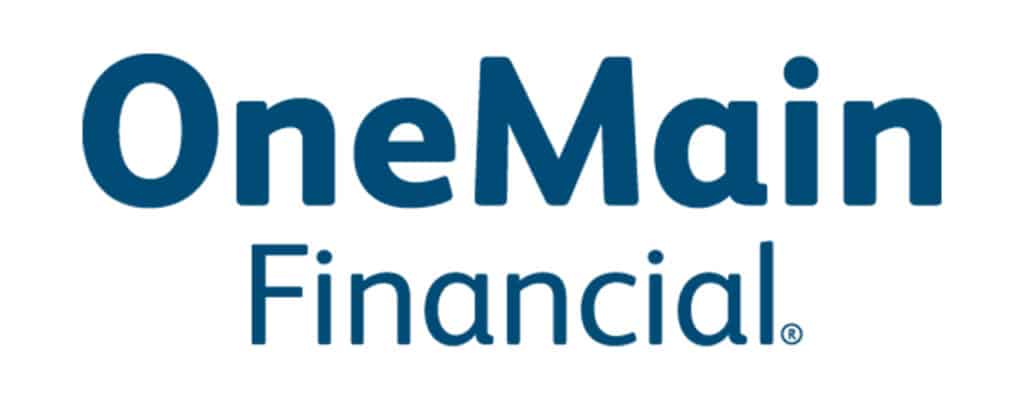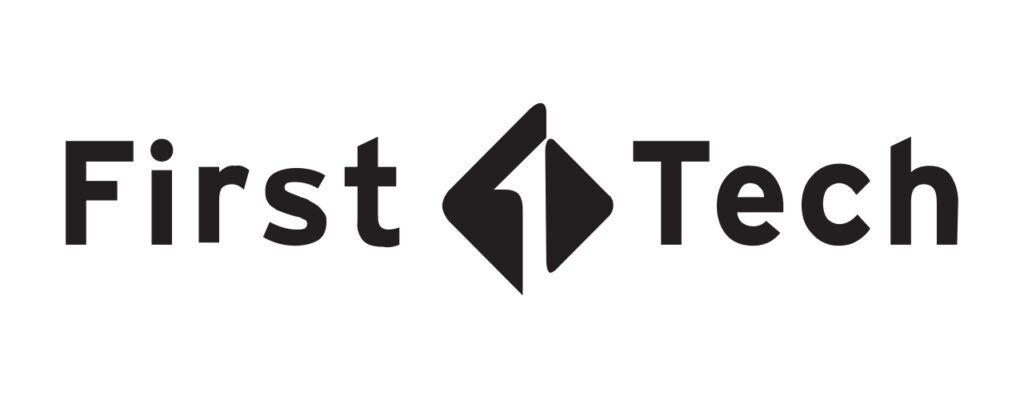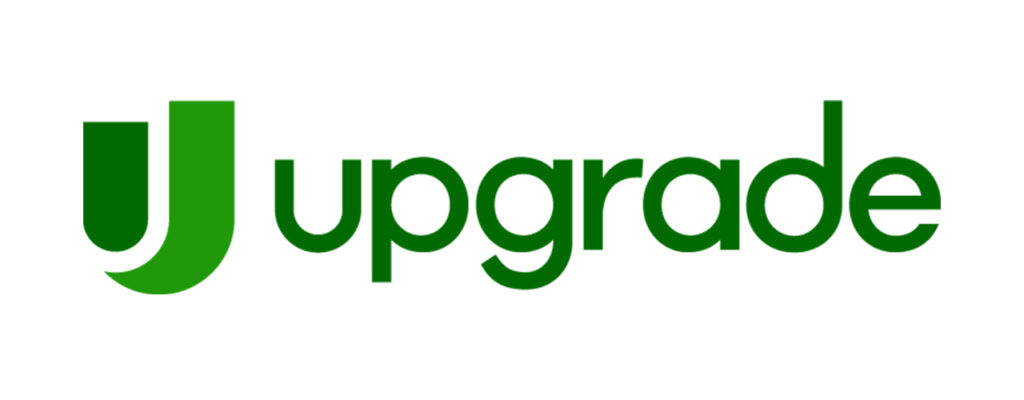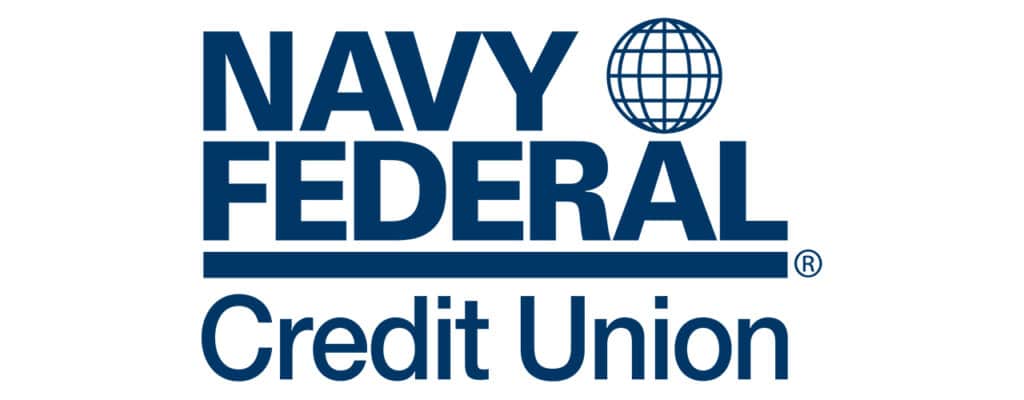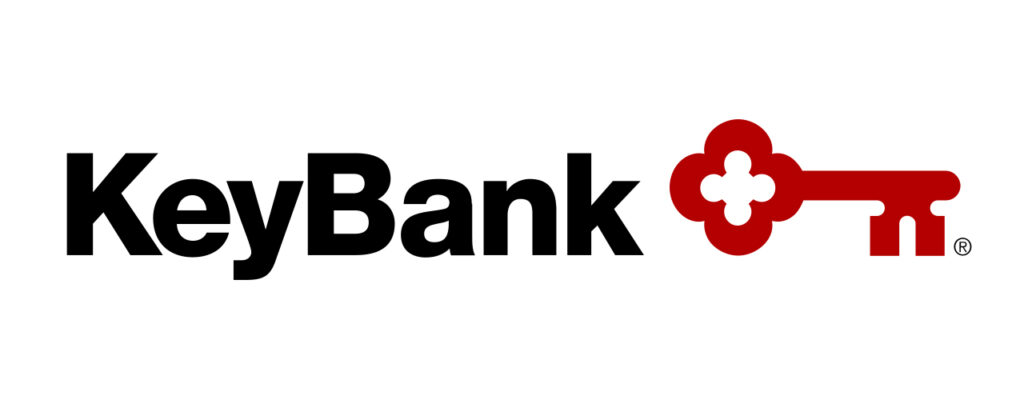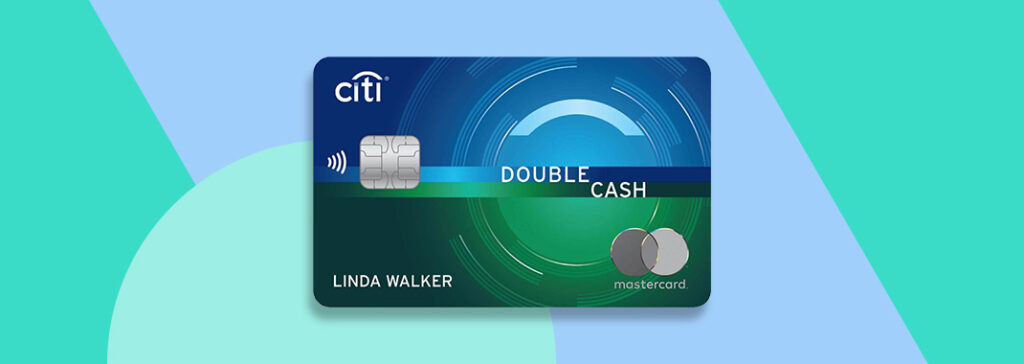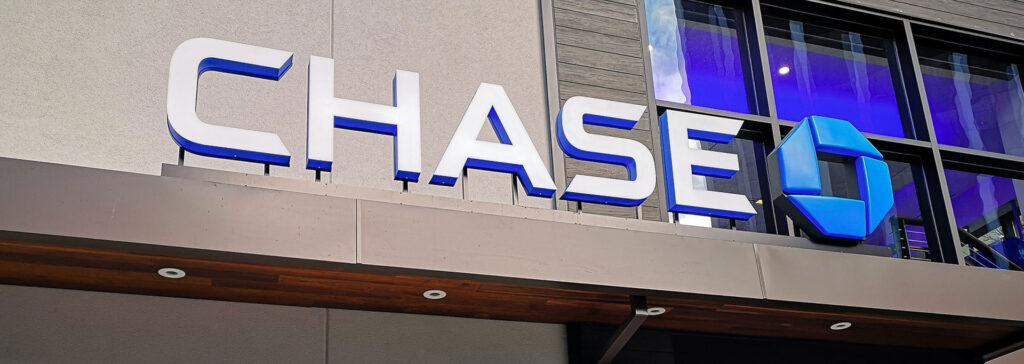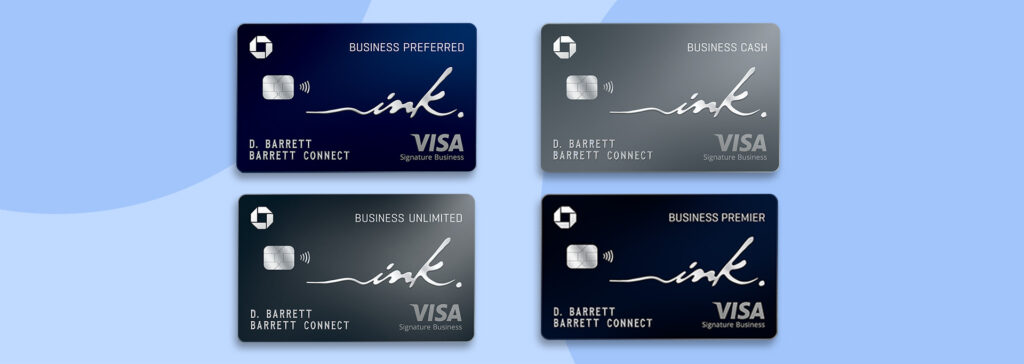Most products on this page are from partners who may compensate us. This may influence which products we write about and where and how they appear on the page. However, opinions expressed here are the author's alone, not those of any bank, credit card issuer, airline or hotel chain. This page may include information about American Express products currently unavailable on Slickdeals. American Express is not a partner of Slickdeals.
Secured loans are a type of loan secured by collateral—an asset like your home or car. This collateral helps protect the lender if you default on your loan. Besides mortgages and car loans, secured personal loans also exist. If you’re interested in learning about these types of loans, here’s how they work, how to choose one, and who they’re best for. We’ve also done the heavy lifting for you and rounded up some of the best secured personal loans to make comparing options easier.
What Is a Secured Personal Loan?
As their name suggests, secured personal loans are backed by collateral.
Common types of collateral for these loans include:
- Savings accounts
- Certificates of deposit (CD) accounts
- Stocks
- Cars
- Boats
Generally, you can use secured personal loans to cover a range of major expenses, like home projects, debt consolidation, and more. But permitted uses may vary by lender, so it’s important to check if your lender has any restrictions before you apply.
Like unsecured personal loans, secured personal loans typically come with fixed interest rates, meaning your rate won’t change over your loan’s repayment term. The amount you can borrow also varies by lender, too. Given this, shopping around to find a secured personal loan that suits your needs is essential.
 Related Article
Related Article
Different Types of Personal Loans & How They Work
Pros & Cons of Secured Loans
Pros
- May be easier to qualify for than unsecured loans
- Could have lower interest rates
- Larger loans may be available
Cons
- Requires collateral, unlike an unsecured loan
- Possible to lose your collateral if you can’t make monthly payments
- Certain lenders may restrict loan uses
- Funding can be slower than unsecured loans
Best Secured Personal Loans
- Best for Bad Credit: OneMain Financial
- Best for Small Loans: First Tech Federal Credit Union
- Best Online Lender: Upgrade
- Best for Military Members: Navy Federal Credit Union
- Best for Large Loans: KeyBank
Loan results will vary based on creditworthiness, loan purpose, loan amount, and other factors.
Best for Bad Credit: OneMain Financial
OneMain offers secured loan options and can work with borrowers who have poor credit. There's also the option to apply with a co-borrower to maximize your chances of approval.
OneMain Financial Personal Loans
- Loan Amounts$1,500 - $20,000
- Loan Terms24 - 60 months
- APR Range18.00% - 35.99%
- Minimum
Credit ScoreNot disclosedA credit score is used to indicate the creditworthiness of an applicant, but it is only one of several factors considered for approval. These credit scores alone are not guarantees for approval and should only be used as guidelines.
While it doesn’t disclose its minimum credit score requirement, OneMain works with nonprime borrowers, making this lender a good option for loans if you have less-than-stellar credit.
Overview
OneMain Financial offers unsecured and secured personal loans up to $20,000 with terms as long as 60 months. The secured loan option means borrowers can use a vehicle, boat, RV or other valuable asset as collateral to secure a loan if they wouldn’t normally qualify on credit history alone. Borrowers should be aware that OneMain Financial does have APRs that are higher than many competitors offer, and borrowers pay origination fees of up to 10% or up to $500, depending on location. Despite its high rates and origination fees, OneMain may be willing to work with you even if your credit isn’t spectacular. Applying for a loan with OneMain takes just a few minutes, and borrowers may receive funding as soon as the same day after their application information is verified.
Pros
- Unsecured and secured loans available
- Works with nonprime borrowers
- Co-borrowers allowed
Cons
- Relatively high APRs
- Fairly low maximum loan amount
- Charges origination fees of up to 10% or flat fee up to $500 depending on location
Best for Small Loans: First Tech Federal Credit Union
First Tech offers multiple secured loan options, including savings- and CD-secured loans, and you can borrow as little as $500.
First Tech Federal Credit Union
- Loan Amounts$500 - $50,000
- Loan Terms24 - 84 months
- APR RangeStarting at 7.99%
- Minimum
Credit ScoreNot disclosedA credit score is used to indicate the creditworthiness of an applicant, but it is only one of several factors considered for approval. These credit scores alone are not guarantees for approval and should only be used as guidelines.
First Tech Federal Credit Union’s personal loans are available for employees of certain tech companies, and come with no origination fees and decent repayment terms. However, this lender doesn’t disclose its credit score requirements or maximum APR.
Overview
Personal loans from First Tech Credit Union feature no origination fees or prepayment penalties, and prospective borrowers can check their rates and terms first before applying without hurting their credit. This lender indicates that online applications take just a few minutes and its loan decisions are made relatively quickly, though it doesn’t specify how long it takes to disburse loan funds. First Tech doesn’t disclose its credit score requirements either, but it does mention that it offers products for borrowers of all credit types. If approved for a personal loan, you can opt to defer your first payment for up to 45 days, which is a unique perk that sets First Tech apart from competitors.
Pros
- May work with nonprime borrowers
- Prequalification option available
- Small loan amounts available
- No application fee, origination fees or prepayment penalties
- Able to defer first payment up to 45 days from funding date of loan
Cons
- Maximum APR not disclosed
- Must be a qualifying member to get a personal loan
Best Online Lender: Upgrade
Borrowers seeking an auto-secured loan may appreciate Upgrade’s simple and quick digital application process.
Upgrade
- Loan Amounts$1,000 – $50,000
- Loan Terms24 – 84 months
- APR Range8.49% – 35.99%
- Minimum
Credit Score560 or aboveA credit score is used to indicate the creditworthiness of an applicant, but it is only one of several factors considered for approval. These credit scores alone are not guarantees for approval and should only be used as guidelines.
Borrowers with less-than-stellar credit profiles may find Upgrade personal loans accessible, and its quick funding and flexible payment due dates convenient.
Overview
Upgrade offers personal loans that are accessible to those with not-so-ideal credit scores. The low loan minimum of $1,000 also makes it an easy choice for those with small financing needs. However, borrowers in certain states will be subject to higher minimum loan amounts. With this lender, you can expect to pay an origination fee. Borrowers can view their rate before applying without impacting their credit score. Overall, Upgrade is worth considering if you’re looking for a lender that is willing to work with lower credit scores and offers loans with competitive rates and flexible terms.
Pros
- Accessible to borrowers with bad credit
- Flexible loan terms
- Joint applications allowed
- Secured loan options
- Direct payment to creditors
Cons
- Has origination fees
- No physical branches
- Higher APRs than some competitors
Best for Military Members: Navy Federal Credit Union
For military members seeking secured loans, Navy Federal offers several options, including savings- and certificate-secured loans.
Navy Federal Credit Union
- Loan Amounts$250 – $50,000
- Loan TermsUp to 180 months
- APR Range7.99% – 18.00%
- Minimum
Credit ScoreNoneA credit score is used to indicate the creditworthiness of an applicant, but it is only one of several factors considered for approval. These credit scores alone are not guarantees for approval and should only be used as guidelines.
Personal loans from Navy Federal Credit Union come with no origination fees, quick funding, and can be a good fit for borrowers with less-than-ideal credit.
Overview
To qualify for Navy Federal Credit Union loans, you’ll need to be a member: you need to be a veteran, active-duty service member, Department of Defense personnel, or eligible military family member. In addition to offering co-signed personal loans for borrowers with less-than-perfect credit, Navy Federal Credit Union also offers secured personal loans. Borrowers won’t pay an origination or prepayment fee, and funding can be available as quickly as the same day. It’s worth putting this lender on your shortlist if your credit isn’t great and you’re looking to compare loan options.
Pros
- Fast funding available
- Minimum loan amounts as small as $250
- Lengthy repayment terms up to 180 months for home improvement loans
- Co-signer option available
- No origination fee
- Secured loan options available
Cons
- High minimum loan amounts for longer-term loans
- Need to be a member to get a loan
Best for Large Loans: KeyBank
KeyBank doesn’t specify a maximum loan amount, but its minimum loan amount is $5,000, making it a decent choice for those who need to borrow a large sum.
KeyBank Personal Loans
- Loan Amounts$2,000 - $50,000
- Loan Terms12 - 84 months
- APR RangeVaries based on location
- Minimum
Credit ScoreNot disclosedA credit score is used to indicate the creditworthiness of an applicant, but it is only one of several factors considered for approval. These credit scores alone are not guarantees for approval and should only be used as guidelines.
KeyBank offers both secured and unsecured loans to serve a wider range of customers. While not available in all states, KeyBank does offer flexible payment options and fast funding for those who qualify.
Overview
KeyBank offers unsecured and secured personal loans with terms of up to 84 months and 60 months, respectively, but its lending footprint is limited to just 15 states. Still, borrowers in eligible states may find that this lender provides a competitive offering. Its wide range of loan terms is appealing, and it doesn’t charge any origination fees or prepayment penalties.
However, loan APRs can vary based on your location, loan term, and the amount you borrow. KeyBank doesn’t disclose its minimum credit score requirement on its website, but a 2021 annual report indicated that the majority of borrowers who qualified for consumer term loans had scores of 750 or higher. Some loans were given to fair credit borrowers, but you’ll likely need good credit to qualify for the lowest rates. If you’re interested in a KeyBank personal loan, you’ll need to enter your zip code to access potential rates and terms.
Pros
- No origination fee or prepayment penalty
- Unsecured and secured loans available
- Same-day funding possible
Cons
- Only available in 15 states
- Rates vary based on location and other factors
- May require good to excellent credit
How to Choose a Secured Personal Loan
Comparing Secured Personal Loans How to Choose a Secured Personal Loan
As with any other type of financing, it’s essential to compare secured personal loans before you apply. Doing so will help you find a loan that aligns with your needs. When you’re comparing secured loans, look at the following to help you choose:
-
1
Compare annual percentage rates (APRs)
Depending on how much you’re borrowing, a high interest rate could add hundreds or even thousands of dollars to your loan payments. Look for competitive rates, and consider prequalifying with different personal loan lenders to gain insight into what rates might be available.
-
2
Compare loan amounts
Some lenders offer larger loan amounts than others, so comparing loan ranges as you shop is essential. For instance, if you want to borrow $25,000, you’ll want to ensure that the lenders you’re considering offer loans that large.
-
3
Compare Loan Terms
Repayment terms are typically 24-60 months but vary by lender. Compare loan terms from different lenders to find one that suits your needs.
-
4
Consider the eligibility criteria
Likewise, borrower requirements can vary by lender. Look into minimum credit score, debt-to-income ratio, income level, and other requirements before applying.
-
5
Check the collateral requirements
Certain lenders may offer savings-secured loans, while others offer auto-secured loans. Research collateral requirements to avoid any unexpected surprises. Avoiding lenders specializing in predatory products like car title loans is also important, as they often have sky-high interest rates.
-
6
Weigh the Fees
Watch out for personal loan fees, including origination fees, prepayment penalties, late fees, and others. Reading the fine print on your loan agreement can help you keep your loan costs low.
-
7
Consider the funding time after loan approval
Some lenders may approve you and disburse your loan proceeds as soon as the same day you apply, but others may take one or two business days. Look into emergency loans for lenders who can provide quick funding.
 Related Article
Related Article
How to Prequalify for a Personal Loan, and Why It Can Be a Good Idea
Where to Apply for a Secured Personal Loan
Secured personal loans are generally less common than unsecured personal loans, so your options may be slightly more limited. That said, credit unions, banks, and online lenders may offer these loan types. It’ll likely just take a bit more searching to find them.
Consider starting with a search engine query for secured personal loans. Chances are you’ll see search results from several financial websites highlighting potential lenders. Look into whether these lenders still offer secured loans, and compare each factor we’ve mentioned above to find the right loan for your needs.
Chances are you can apply for a secured personal loan online once you’ve narrowed down your list. Be prepared to share your personal information, proof of income and identity, information about your collateral, copies of bank statements, and more during the loan application process.
Is a Secured Loan Right For You?
A secured personal loan may be right for borrowers with poor or limited credit or those seeking a lower interest rate than an unsecured loan. If you have a suitable asset to provide and can afford to keep up with payments to avoid losing that asset, a secured loan can be a good option to get a lower rate.
Whether you opt for an unsecured or secured loan, compare loan offers. Taking the time to research will not only help you find a loan with a decent rate and favorable terms, it’ll also help you avoid costly fees and long approval timeframes.

A Complete Guide to Personal Loan Fees
Frequently Asked Questions
-
Because they require collateral, secured personal loans do generally have lower interest rates than unsecured loans. The lender may view the borrower who provides collateral as a lower lending risk, which could result in a better loan rate.
-
Secured personal loans require collateral, making them easier to qualify for than unsecured personal loans. That’s because if you fail to make monthly payments on a secured loan, your lender can take your collateral and may sell it to settle the debt.
Your lender doesn’t have that option if you have an unsecured loan, meaning unsecured loans typically have stricter borrower requirements. For instance, you might need good or excellent credit or a lower debt-to-income ratio to qualify for an unsecured loan.
-
Different lenders have different requirements for qualifying for a secured personal loan. For instance, one may require good credit to qualify, while your credit score may not be a factor for another lender. Requirements vary, so it’s best to compare borrower criteria from different lenders to find the right option.
-
Unfortunately, there’s no magic number when it comes to what credit score you’ll need for a secured loan. Some lenders may work with borrowers with bad credit, while others may have higher minimum credit score requirements. That’s why it’s important to compare multiple loan options.
-
The amount you can borrow will also vary by lender. Some lenders offer secured loans as small as $250 or as large as $50,000. Again, look for a range that suits your situation as you compare options.


